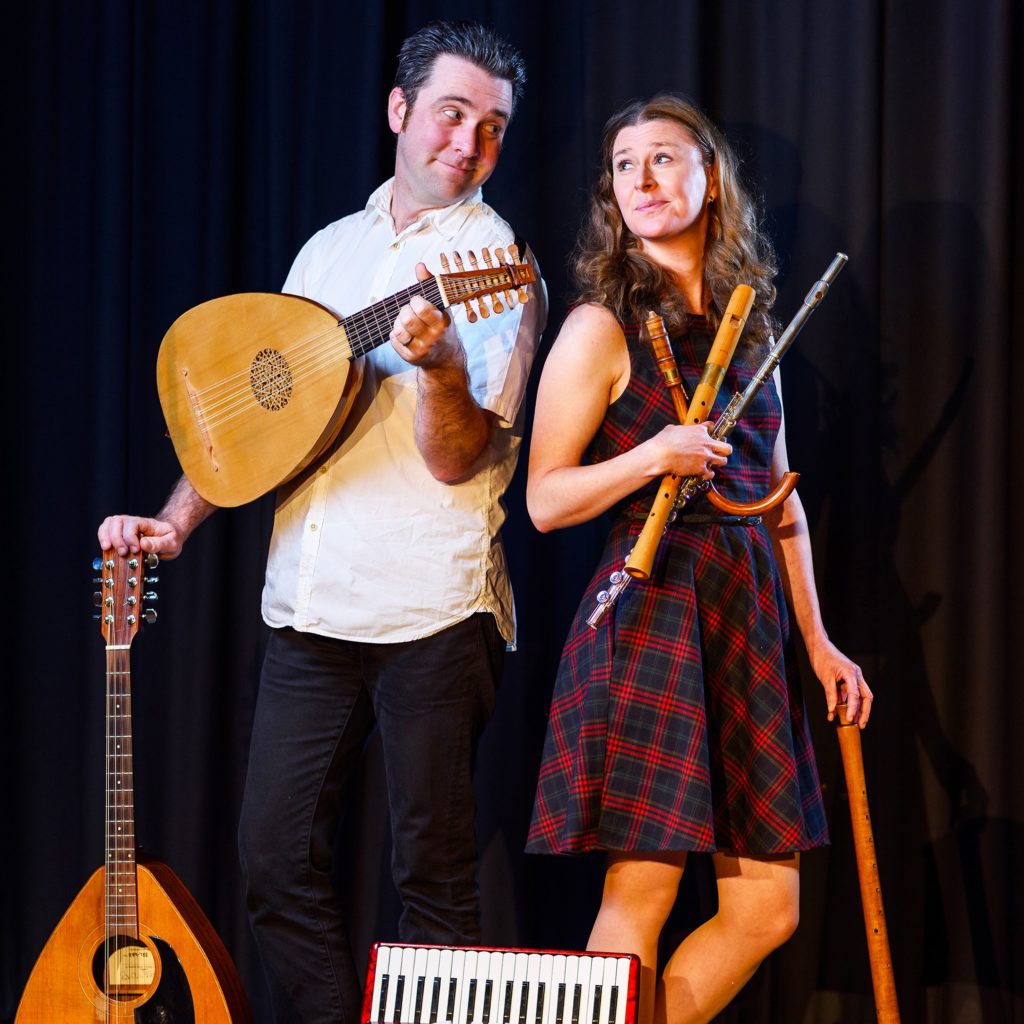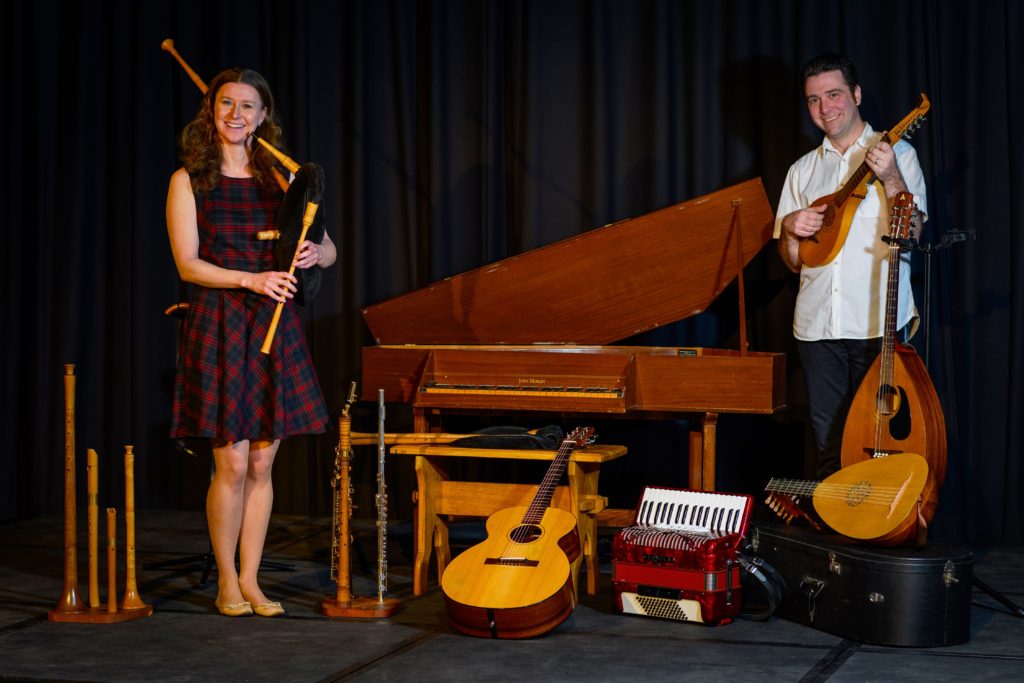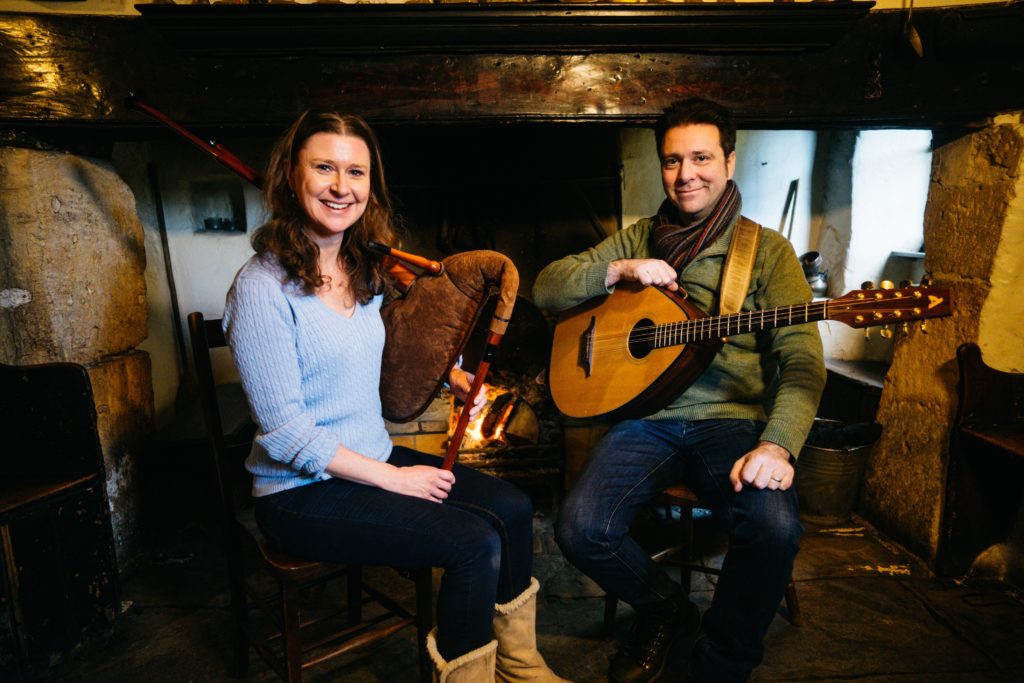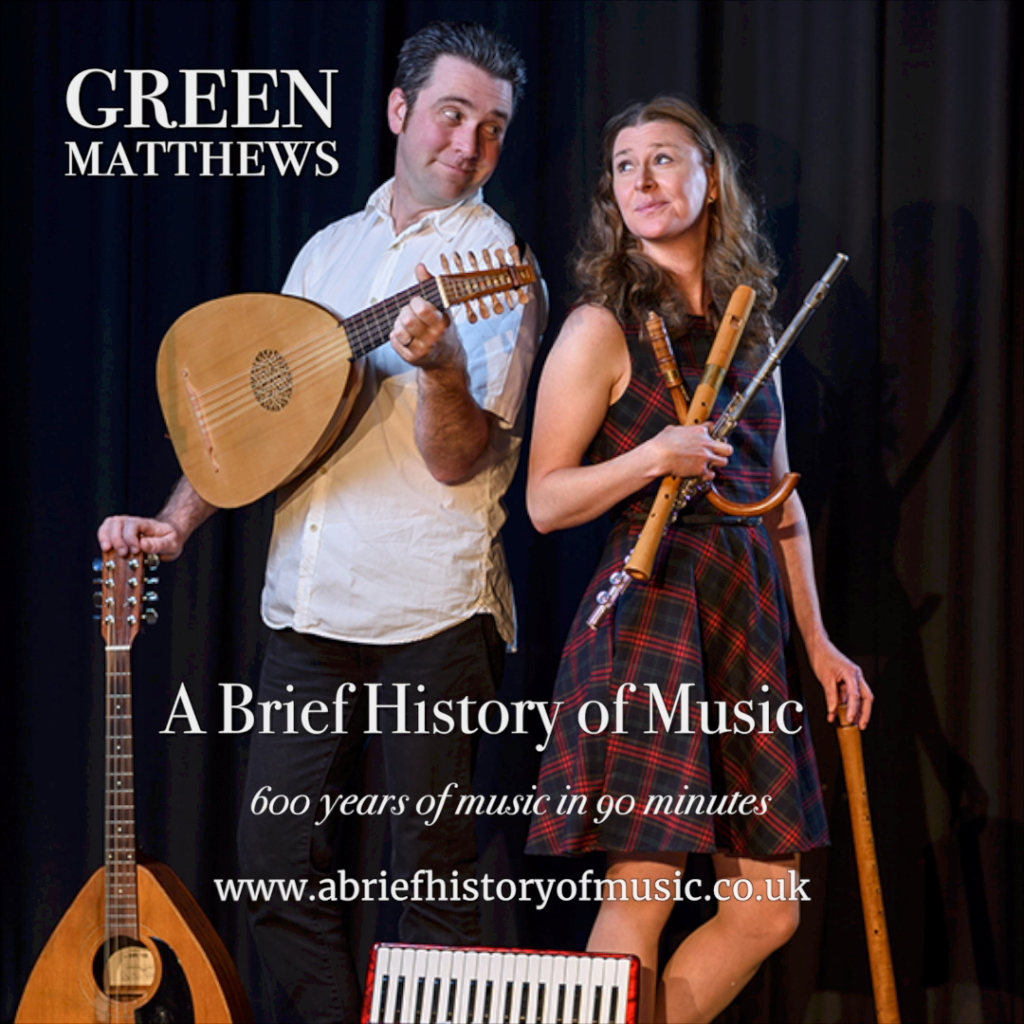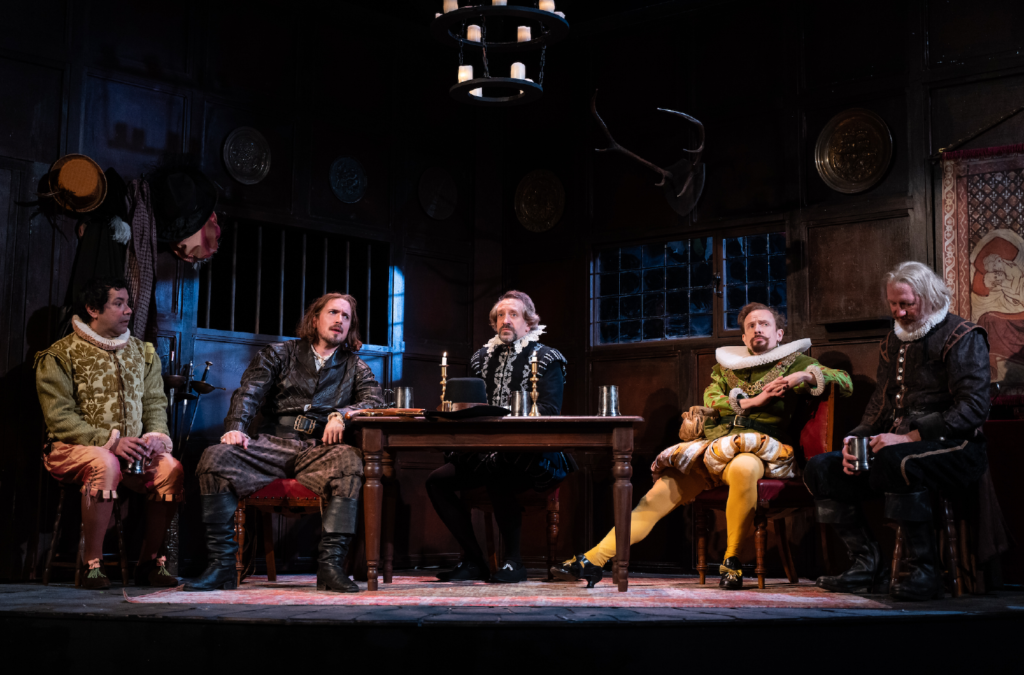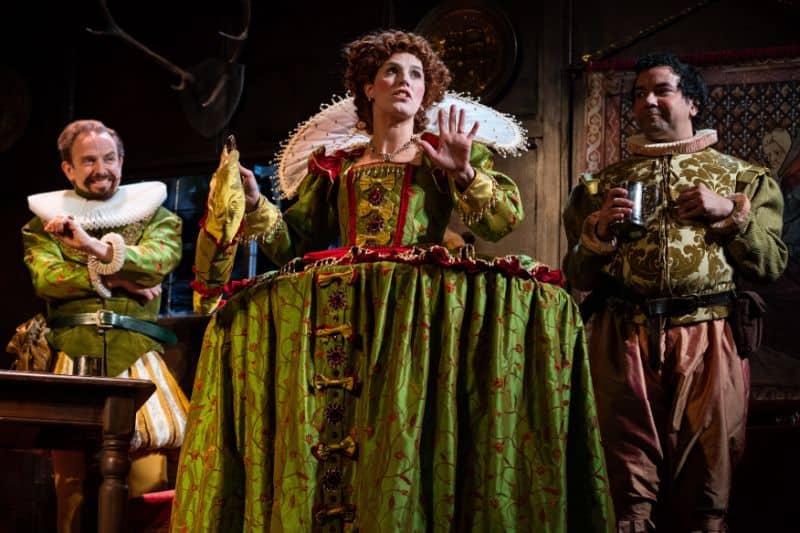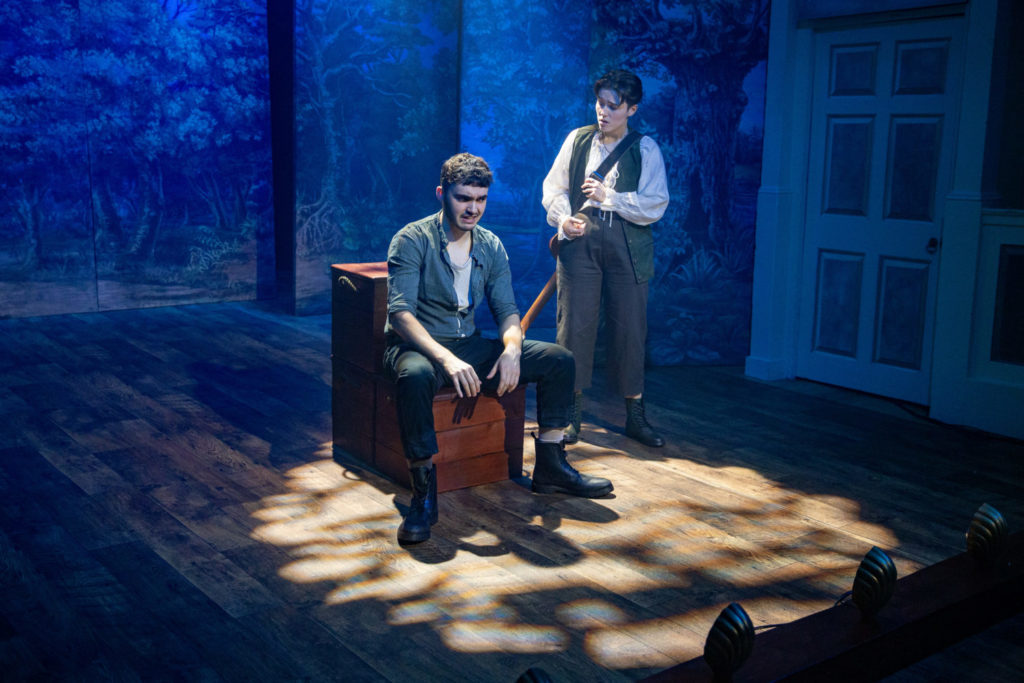
JOHN Godber is making history in more than one way in his new theatrical adventure. After more than 70 plays framed around modern culture and mores, he has gone back in time for his first historical romp.
Here is the background: “The year is 1769, when Yorkshire’s population has exploded, the races at York are packed, the new theatre in Hull thriving, and the spa towns full,” says writer-director Godber, now 68.
“Yorkshire was the place to be; a region drunk on making money, social climbing, gambling and gin, but with wealth in abundance, the temptation was great.”
Godber, who once lived in the East Riding village where Dick Turpin was arrested, evokes that era with references to Turpin, fellow highwayman John Levison, and Tate Wilkinson (who managed York Theatre Royal for 36 years and opened the Hull Old Theatre, mentioned above).
He also talks of the history of the assizes and public hangings on the Tyburn gallows in York, a spectator sport of its day that could draw crowds of 100,000 [like the old Wembley Stadium].
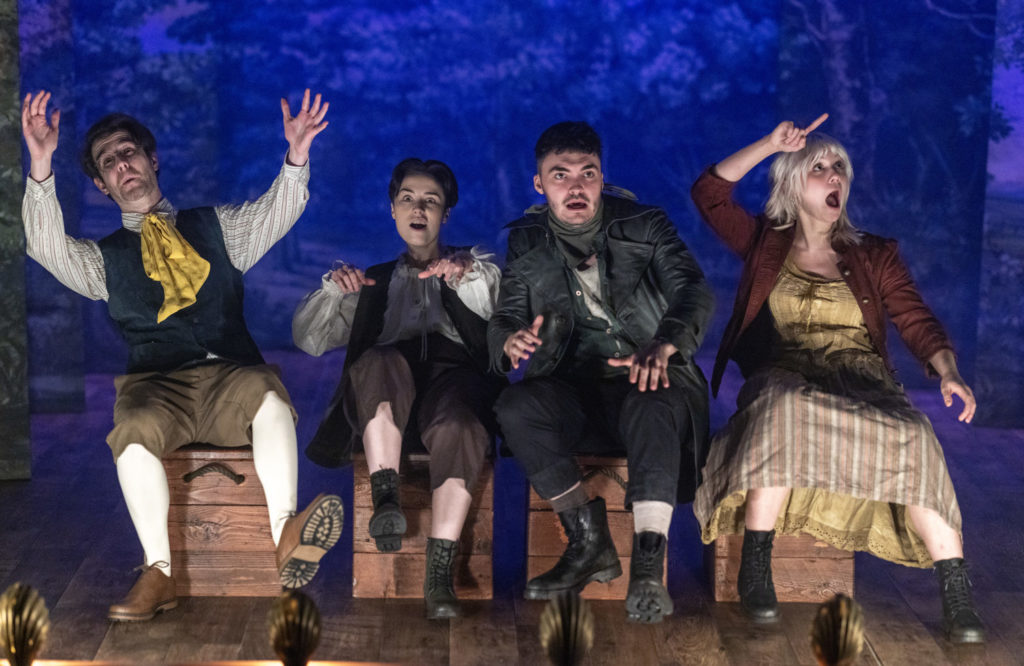
The Highwayman of the title is, however, a fictitious 18th century character, one John Swift (Emilio Encinoso-Gil), whose opening words find him in the ultimate predicament. “I know what you’re thinking. Not a great start.” Here are the noose headlines: Swift is up to his neck in trouble, the hangman’s rope ready to deliver his exit stage left.
Freeze that moment, Godber keeping both you and Swift in suspense as the highwayman goes into flashback mode to tell you his back story, struggling to make ends meet with his forthright wife Molly May (Matthea Ellerby).
This may be a history play but Godber is drawing parallels with the privations of today, the disparity between the wealthy and those in need of a northern levelling up: the York race-goers and the pilfering pickpockets at work in the crowds.
Swift by name, he is swift of hand too, but while he believes he has luck on his side, his proverbial dropped sandwich would land jam side down. Even when he works at Tate Wilkinson’s theatre, he is peed on from the dress circle above, metaphorically as well as physically.
He is torn between doing the right thing, serving in the war against the French, tilling the land, taking that theatre job, but he cannot resist temptation. Just as Turpin was arrested for shooting the Green Dragon landlord’s cockerel, Swift is nabbed for stealing a duck.
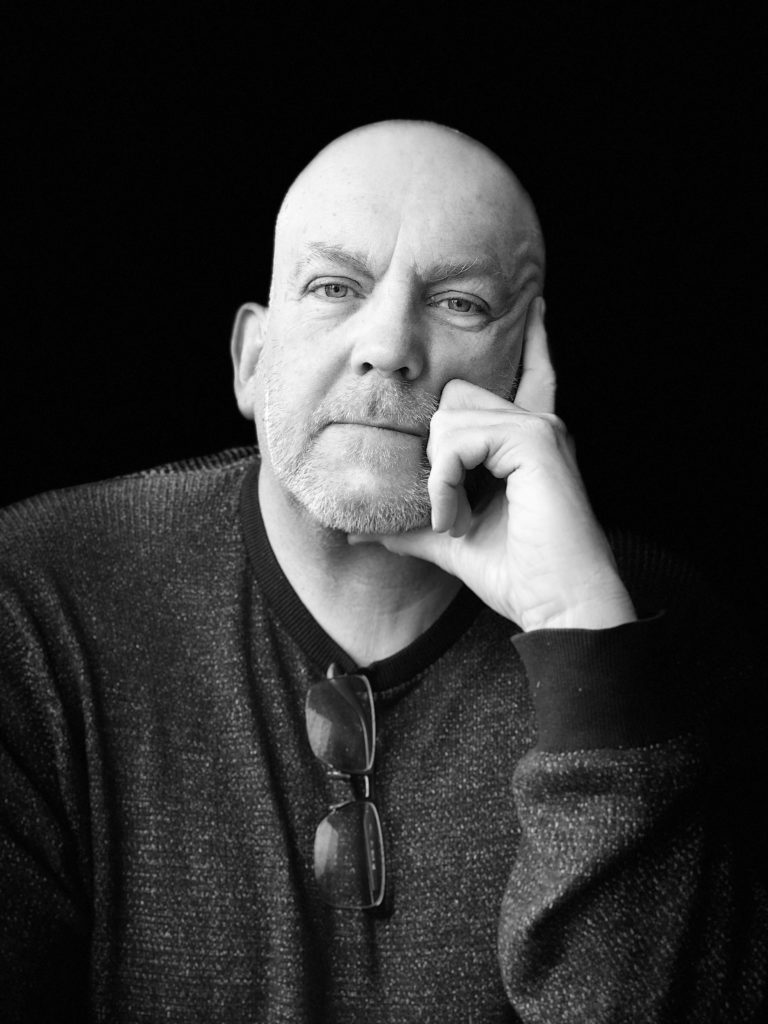
In the play’s best scenes, Encinoso-Gil’s Swift and Ellerby’s Molly are often at loggerheads, exacerbated by time spent apart and their contrasting expectations. Swift would not call himself misogynistic, but his professed deep love does not extend to believing Molly should be working, especially now they have two children.
Her constant concern is to bring more money into the home, and unlike Swift, she does so by showing spunky entrepreneurial flair, first in selling pressed flowers, then in adding scent to candles: an invention greeted by Swift with derision to rival Peter Kay’s bewildered “Garlic bread”.
Godber has described The Highwayman as “very, very different from what I’ve done before”. Indeed it is, and not only on account of its period setting. Humour is in short supply in Act One, Godber in serious mode, even heavy-handed, the pace surely too slow for a highwayman romp despite the rambunctious friction of Swift and Molly.
You might be tempted to call it “ropey” at this stage, if you like a pun, but CharlesHutchPress prefers to share the undaunted positivity of Swift.
Give Godber enough rope and Act Two is anything but a downfall, by comparison. Instead it stands and delivers an upturn, aided by Dylan Allcock and Jo Patmore’s multiple role-playing, especially Patmore’s Irish pirate queen as Swift takes to the seas.
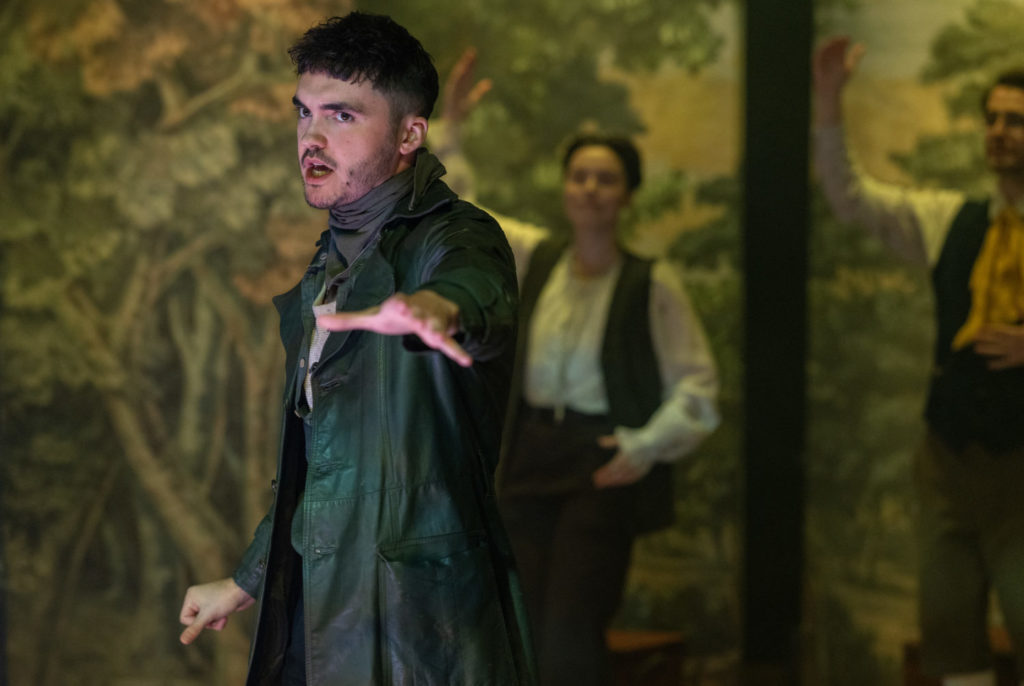
Her lugubrious troubadour, offering to sing a song – for a fee – before Swift’s hanging adds to Godber hitting his comic stride too, while Allcock especially enjoys playing the grand thespian Tate Wilkinson back in his Theatre Royal home.
The dialogue, by the way, is modern, recalling Blackadder in giving it a more contemporary clout and political resonance. The staging is in economical Godber tradition: four regularly reassembled wooden boxes, a hangman’s noose and woodland screens behind.
In keeping with past Godber shows, snatches of pertinent pop songs set scenes, while the cast savours Allcock’s high-spirited folk songs, sung lustily in the manner of Brecht & Weil’s operas.
The Highwayman will not go down in history as one of Godber’s era-defining plays, more as a dandy, if acerbic dalliance, a Yorkshire past brought into the present, as ever with hope for a changed, better future.
John Godber Company presents The Highwayman, York Theatre Royal Studio, today at 2pm and 7.45pm, SOLD OUT. Box office for returns only: 01904 623568 or yorktheatreroyal.co.uk.

